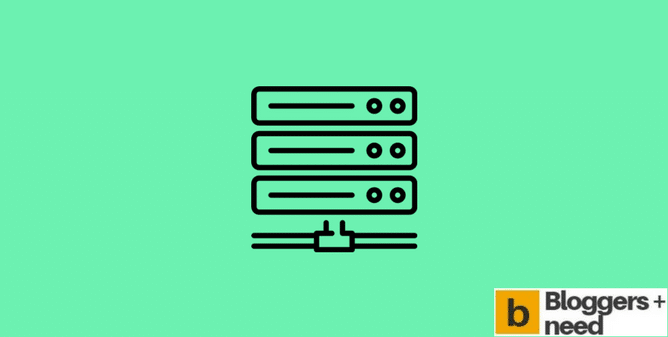
In today’s digital landscape, owning an online platform is increasingly necessary—whether you’re running a small business. However, fears over expenses are common, particularly for individuals and tight-budget ventures. The bright side is that low-cost website hosting removes financial barriers, while still providing reliable functionality for general needs.
This comprehensive post covers all the essentials to understand about affordable web hosting: the meaning of cheap hosting, key pros and trade-offs, critical aspects to review, and most popular budget hosting companies.
What is Cheap Web Hosting?
Budget-friendly hosting means services aimed at minimizing monthly expense, marketed for limited budgets. You’ll often find plans beginning as low as $1–$5 per month. Affordability is enabled by resource pooling across accounts.
Yet, despite these low fees, most providers offer generous features: free SSL certificates, and even one-click app installers. While premium and dedicated hosting offer added power and customization, basic cheap web hosting is perfect for personal or small business needs.
Benefits of Cheap Web Hosting
Low pricing
The main attraction, budget-friendliness stands out. For just a small monthly fee, you can set up and operate a credible web presence.
User-Friendliness
Modern budget providers provide familiar cPanel or custom panels, making site administration accessible to all.
Feature-Rich Bundles
Low-cost doesn’t mean stripped-down. Expect domain registration discounts, SEO tools, and other core website tools.
Room to Grow
Start small and expand as your needs grow.
Common Downsides
Resource Sharing
With shared hosting, your site shares RAM and CPU with others, so resource-heavy sites can cause website sluggishness.
Reduced power
Ideal for smaller websites, but not suited for big e-commerce.
Support Variability
Not all dirt-cheap providers offer reliable around-the-clock support, though many are stepping up.
Restrictions on premium options
git/staging environments are often locked behind higher tiers.
Key Features to Consider
Reliable uptime: Aim for at least triple-nine up-time.
Fast loading: SSD drives really improve load times.
SSL Security: Critical for trust and SEO.
Domain registration deals: Some hosts offer steep domain discounts.
Always-available assistance: Live phone or ticket help is key for peace of mind.
Drag-and-drop builder: Ideal if you lack coding knowledge.
Automated installs: Especially for blogging platforms.
Top Cheap Web Hosting Providers
Consider these leading cheap hosting providers based on real-world user experiences:
Hostinger Hosting Starting at: $1.99/mo Highlights: Weekly backups. Recommended for: Beginners.
Bluehost Shared Hosting Starting at: $2.95/mo Highlights: 1-year free domain. Recommended for: Growing projects.
DreamHost Starting at: $2.59 per month Highlights: Automated backups. Recommended for: Bloggers.
Namecheap Hosting Starting at: $1.58/mo Highlights: First year domain free. Recommended for: Absolute beginners.
A2 Hosting Starting at: $2.99/mo Highlights: Free SSL. Recommended for: Performance-focused business.
Tips for Maximizing Your Savings
Wait for flash sales: Many hosts offer hefty intro pricing. Watch renewal rates.
Longer terms = lower rates: Annual contracts get the best monthly costs.
Know your limits: Watch for storage/bandwidth caps.
Check online testimonials: Peer reviews highlight hidden pros/cons.
Choose responsive hosts: Reliable problem-solving is especially vital for beginners.
Is Low-Cost Hosting Right for You?
Cheap hosting works best for:
Hobby websites
Startups
Portfolio showcases
Charitable organizations
First-time site owners
If you expect massive traffic, prepare to scale as you grow.
Summary
Cheap web hosting have empowered millions. Whether you need a blog, today’s entry-level hosting are dependable.
By matching features to your needs, you can kickstart your digital journey—with confidence and convenience.